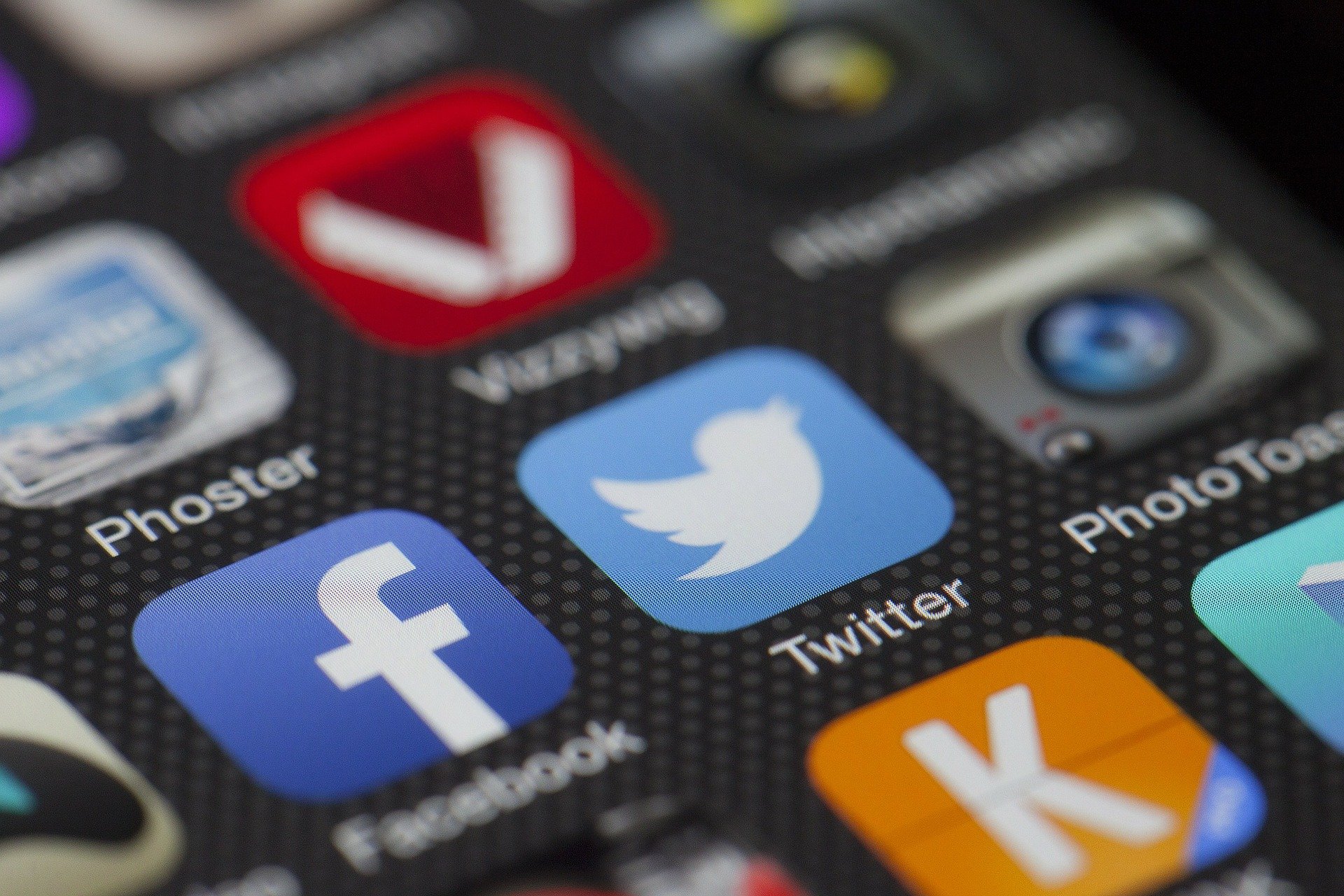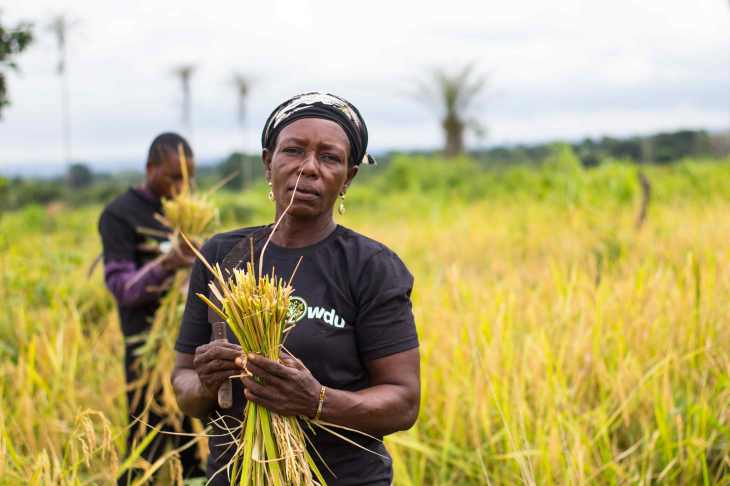There is no doubting the importance the internet, technological devices, social media and new digital technologies bring to a nation, even a third world country like Nigeria. It opens the people to opportunities, gives them recognition, connects them to various places and people for sustainable growth, development and change as well as give a voice especially to the underrepresented in the world like women, children, or the people living with disabilities.
Recently in Nigeria, Twitter was banned after it deleted a tweet the site believes was inciteful by the President of Nigeria and this made the Nigerian government suspend the operations of the micro blogging site, accusing it of promoting contents that would put the corporate existence of the country at risk. On Monday, the Minister of foreign affairs said it would lift the ban only if it has assurance the platform can be used “responsibly”.
Asides from the fact that many people in Jos who are on twitter can no longer use the platform where they unwind and express themselves, their jobs, businesses, and visibility to investors have been affected. This in turn affects to the economic and social development of the people and the country at large.
The fact that the world has become a global village might come with it’s own disadvantages, but that doesn’t drown the benefit of opening up the youths to enormous creativity and innovation and encouraging them to engage in responsible innovation that can improve the lives of everyone around. It has also given young people the opportunity to reimagine and take their place in the world for good.
But how can young people thrive when there are policies and frameworks that serve as boundaries? How can there be acceleration to meet up with global standards when government and private sectors do not play a meaningful role? All the necessary bodies need to support connectivity by not just making it possible to access affordable devices, but advocating for digital literacy and participation that would be relevant to creating solutions to the local and daily challenges faced in Jos. It
What is needed now more than ever is digital inclusion to ensure that the digital economy is accessible, relevant, equitable and safe for all instead of measures that would cripple key players like twitter that have gone a long way to increase meaningful connectivity and bridge the divide between developed and developing countries.
Regulatory approaches, government policies and industry models have great impact on increasing meaningful connectivity and creating a bright digital future. It is therefore important that every decision made must consider how that affects the ‘sharing of ideas and experiences, cross sector and international partnerships in shaping a digital future that is accessible, relevant and beneficial for us all’.
































